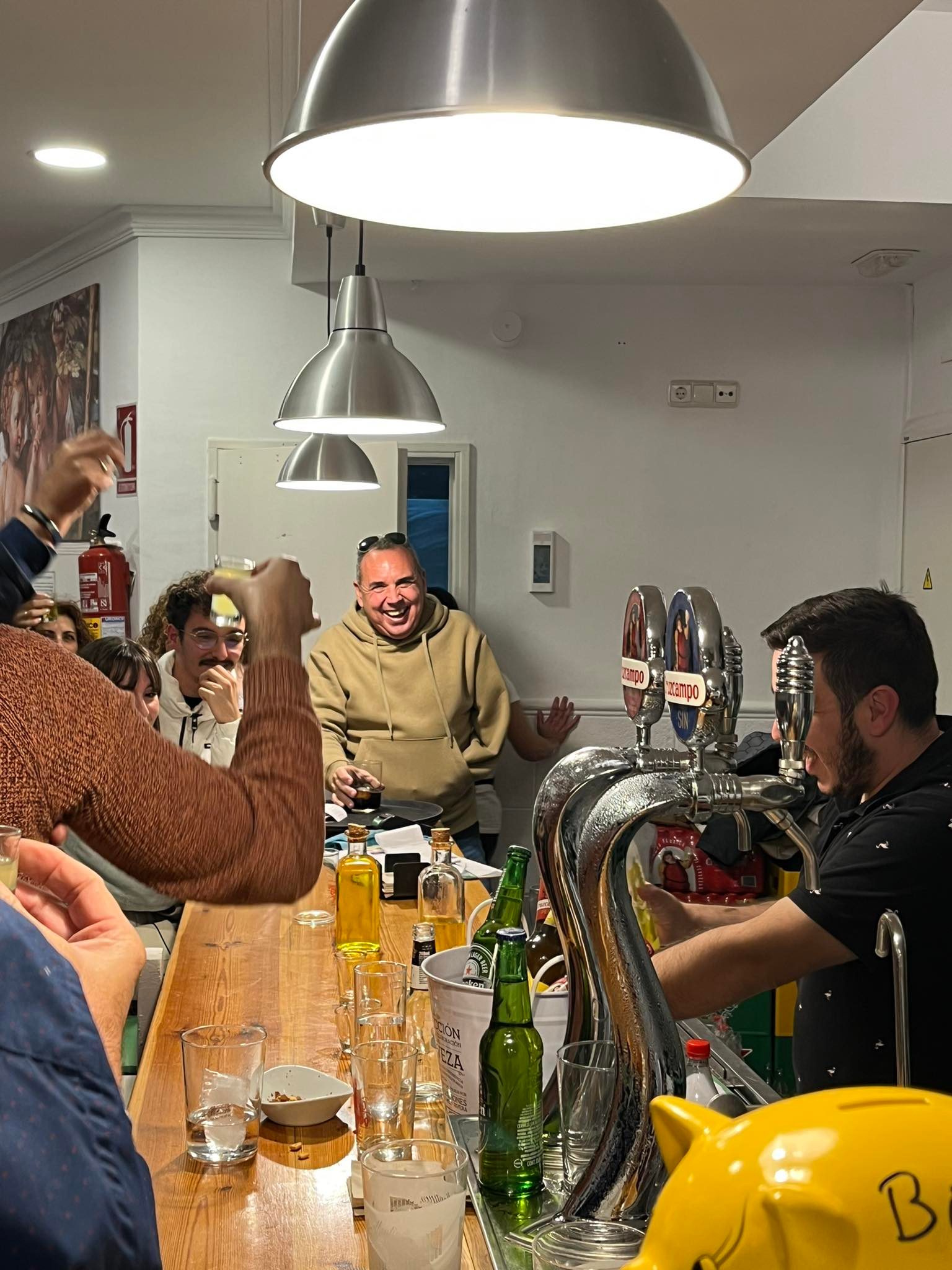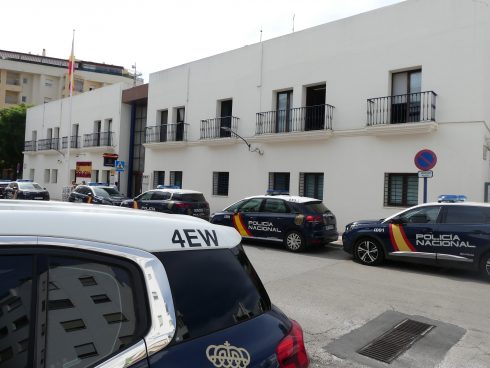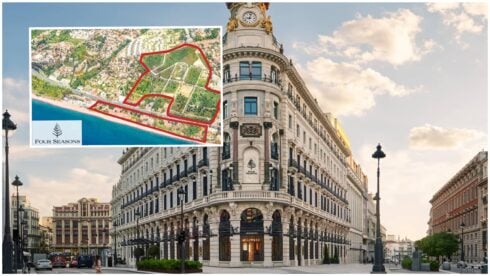AROUND this time last year, the emergence of the omicron variant of the coronavirus dashed the hopes of Spain’s bars and restaurants of any kind of return to post-pandemic Christmas business. Barring any unexpected surprises, this year should see those hopes finally become a reality.
The ‘foodservice’ sector, which includes bars, restaurants, supermarkets selling prepared food and vending machines, will see revenues of around €3.25 billion this year, according to data from a consultancy named NPD and cited by Spanish daily El Mundo. That was the figure seen in 2019, the last full year before the Covid-19 pandemic hit.
What’s more, consumers in Spain are behaving in an unusual way in the context of a cost-of-living crisis. Rather than cutting back on spending in bars and restaurants, Spaniards are actually limiting their budgets in supermarkets.
‘This is an exception,’ the NPD foodservice director in Spain, Edurne Uranga, told El Mundo. ‘We have been living through a “seize-the-day” moment since the end of the pandemic. There is concern over the rise in costs, but there is no lack of customers.’
The buoyant custom for Spanish establishments is despite the rise in prices, given the major hikes in the cost of energy and raw materials caused, in part, by the ongoing war in Ukraine. The rise in costs, of course, will have a negative effect for bars and restaurants: lower profits.
According to data from the NPD, nine out of every 10 consumers are aware of the rise in prices, but they have no plans to cut back on spending in bars and restaurants.
The figures would suggest, then, that Spanish consumers are planning on making up for those two Christmases that were spoiled by Covid – whatever is happening to the economy.
Read more:
- Violent hooded gang in wave of shop and restaurant robberies in Mar Menor area of Spain
- Seven-time Michelin star chef Martin Berasategui to open new restaurant on Spain’s Costa del Sol
Click here to read more Food & Drink News from The Olive Press.








